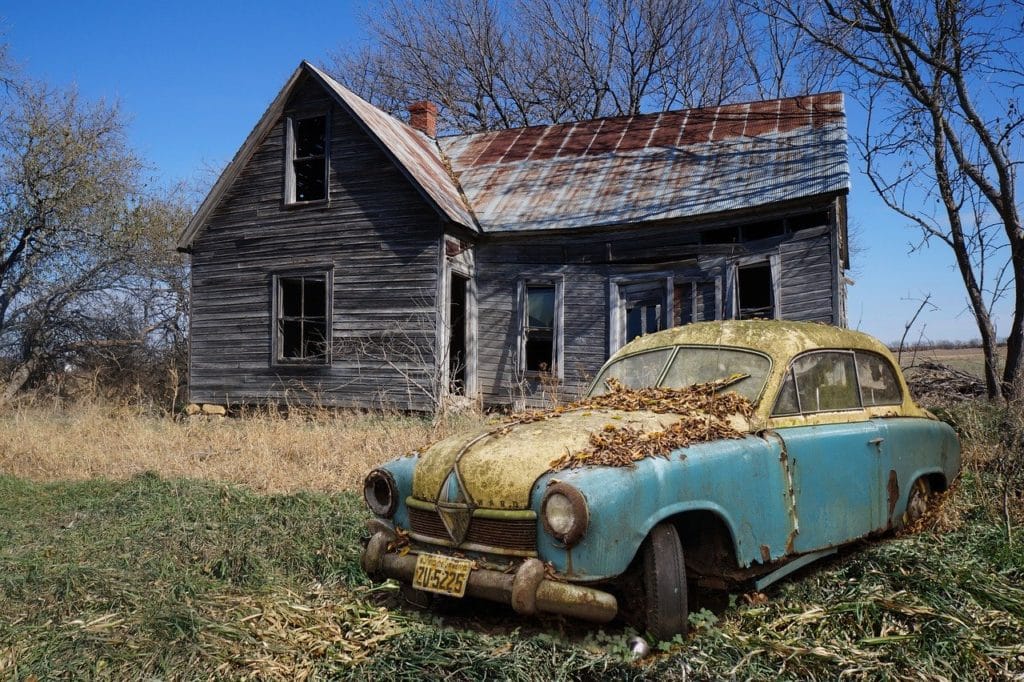With just over a week left to go in the Seeds Canada merger vote, it’s indeed been a challenge to walk a fine line between striving to be non-biased and at the same time creating a constructive, positive narrative around the entire discussion. As Germination editor I can’t count how many articles I’ve written and podcasts I’ve recorded over the past several years in regard to it.
As the vote nears its end and we will finally know what happens in this whole saga, I can’t help but reflect on Germination’s coverage over the past few years. I’ve pretty much stayed out of the discussion these past couple of weeks, preferring to let seed industry stakeholders decide for themselves how to cast their vote as opposed to churning out more coverage to add to the pile I’ve created since 2016.
My approach these past several years has been to provide coverage that helps move the discussion forward from an industry perspective; all five associations have worked together over the past five years to mold the Seed Synergy vision, and while there will always be dissenting voices out there, my coverage has always stayed focused on the collaborative approach we have taken as an industry to try and bring it to fruition.
I understand there are different “sides” to the issue, if one chooses to look at it that way, but I’ve tried to look beyond the idea of “sides” and instead focus on one goal: moving things forward while making it clear this is a work in progress and will never be finished, but rather evolve over time, if Seeds Canada goes ahead as I feel it should.
I just gave my opinion there. I haven’t done that once in print since the Seed Synergy discussion began. I think it’s time I did.
I live in a small community in Manitoba called Lac du Bonnet, which is composed of a town of 1,000 people and a rural municipality of 3,000 permanent residents. Both jurisdictions have their own council — the town and the RM.
About 15 years ago the town and RM councils got together and decided to hold a referendum on whether they should amalgamate into one community.
Consultants were hired and studies were done exploring the feasibility of the amalgamation. The consultants recommended amalgamation. The RM council was 100% behind the amalgamation proposal both publicly and behind closed doors; the town was supportive publicly but behind closed doors not so much, preferring to stay on their own. There was suspicion on both sides.
As discussions went on, two camps were formed: the pro-amalgamation crowd and the anti-amalgamation crowd, and things got very heated. Town hall meetings were held, and many opinions put out there both by the local weekly newspaper and also by various activist groups who had agendas of their own.
“I should have recognized that the right thing for our community was to go beyond politics and think about what was best for everyone.”
I was the young 25-year-old cub reporter who was responsible for covering the whole thing for said local newspaper. I eagerly covered the festivities, going all out to present both sides of the discussion (in the interests of being non-biased) but with a definite slant toward the anti-amalgamation side of the talks. I was young and inexperienced.
After all was said and done, the proposed merger was defeated in the referendum. The RM’s reeve called me up and yelled at me for writing too much negative coverage. The town mayor personally thanked me for my “top-notch” coverage, telling me flat-out that he felt I helped sway the vote in the direction he wanted it to go in (no amalgamation).
Fifteen years later, our community continues to suffer the consequences of not amalgamating. We are stagnating as urbanization speeds up and people leave the country for the city. It’s happening everywhere. Our local politics continue to divide people, with the RM and town constantly butting heads.
We should have amalgamated all those years ago. No miracles would have occurred. At best, coming together could have stemmed the bleeding and helped our community face the realities of urbanization and mitigate the fallout from those realities.
As I look back I can’t help but feel that my coverage indeed had a major effect on the vote; as the community’s main source of information, I don’t think I’m exaggerating when I say that had I taken a more mature and measured approach to the whole thing, the results may have been different and our community would be far better off today.
I don’t mean to say I should have simply taken the pro-amalgamation side. Instead, I should have recognized that the right thing for our community was to go beyond politics and think about what was best for everyone. It’s only when we rise above the pettiness of politics that great things are accomplished.
Instead, I failed to look beyond the politics and the multitude of personal concerns that different factions within the community had, and instead got quite mired in it all myself. I wrote article after article right up until the bitter end. If you had an opinion, I wanted it. The juicier the headline, the better.
As I’ve spent the past several years covering the Seed Synergy discussions I’ve constantly been reminded of that whole fiasco. I’ve tried to bring a measured tone to Germination‘s coverage, with an eye on advancing the discussion in a positive way.
I hope all five associations vote in favour of the merger, so we can move ahead as Seeds Canada. It won’t be perfect. In fact, there will be a lot about it that is imperfect. Our industry will never be the same.
But as we have learned here in little old Lac du Bonnet, digging in our heels and keeping things the same comes with a big price tag.












